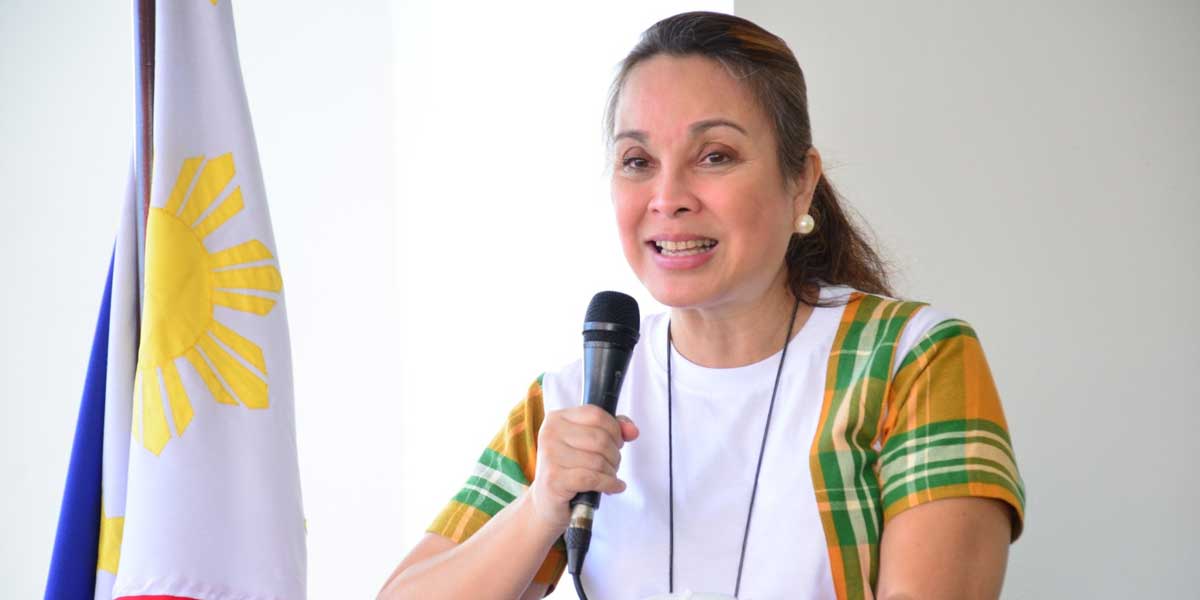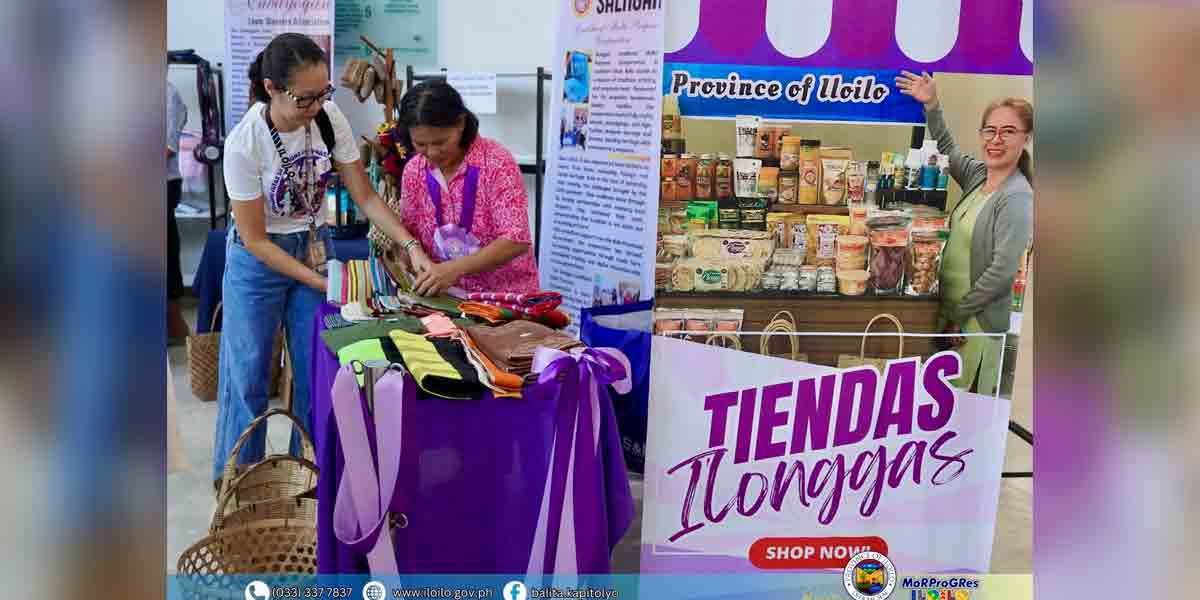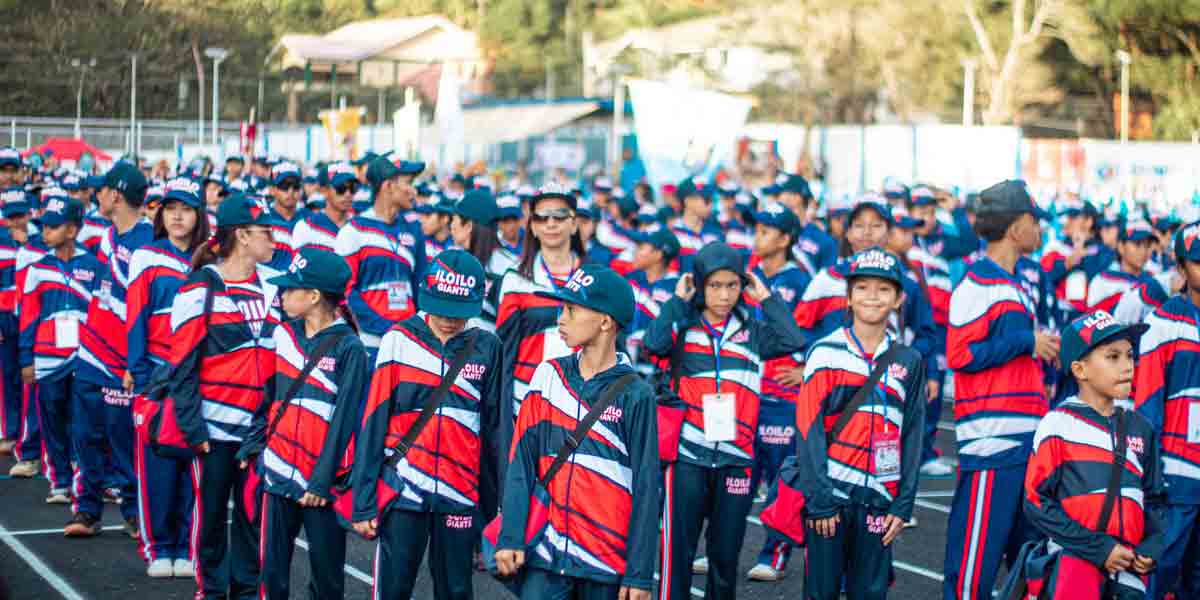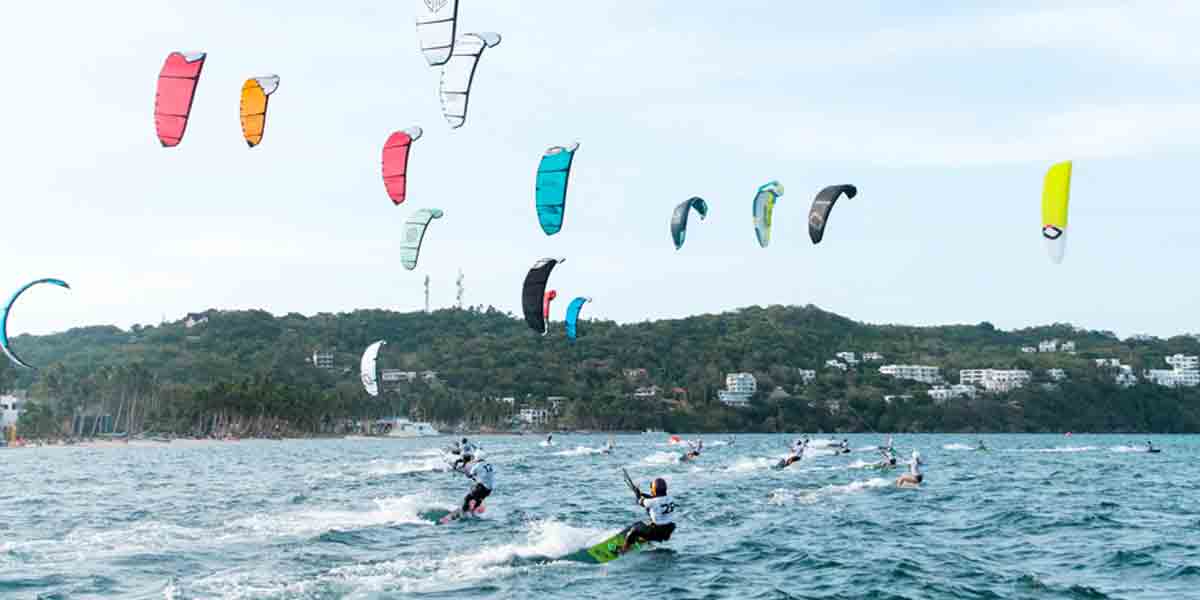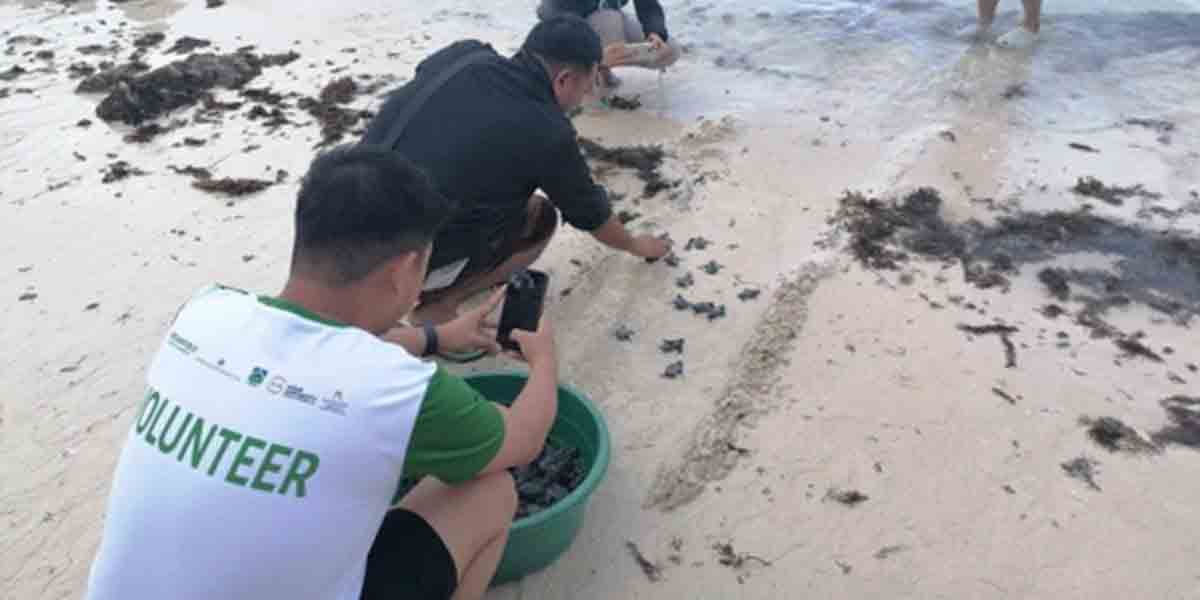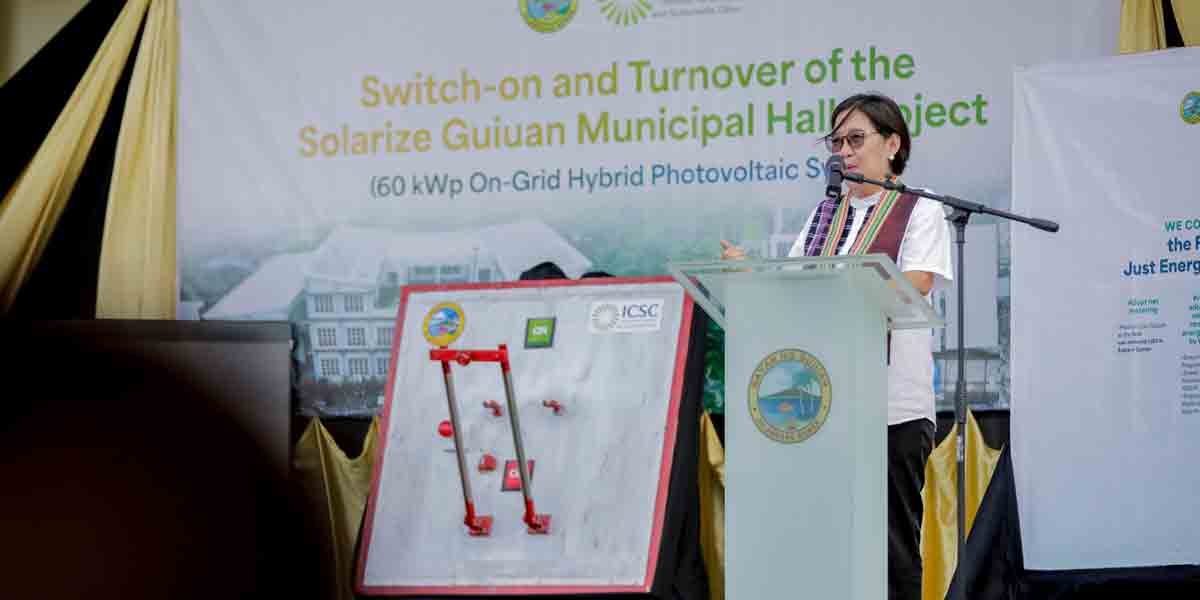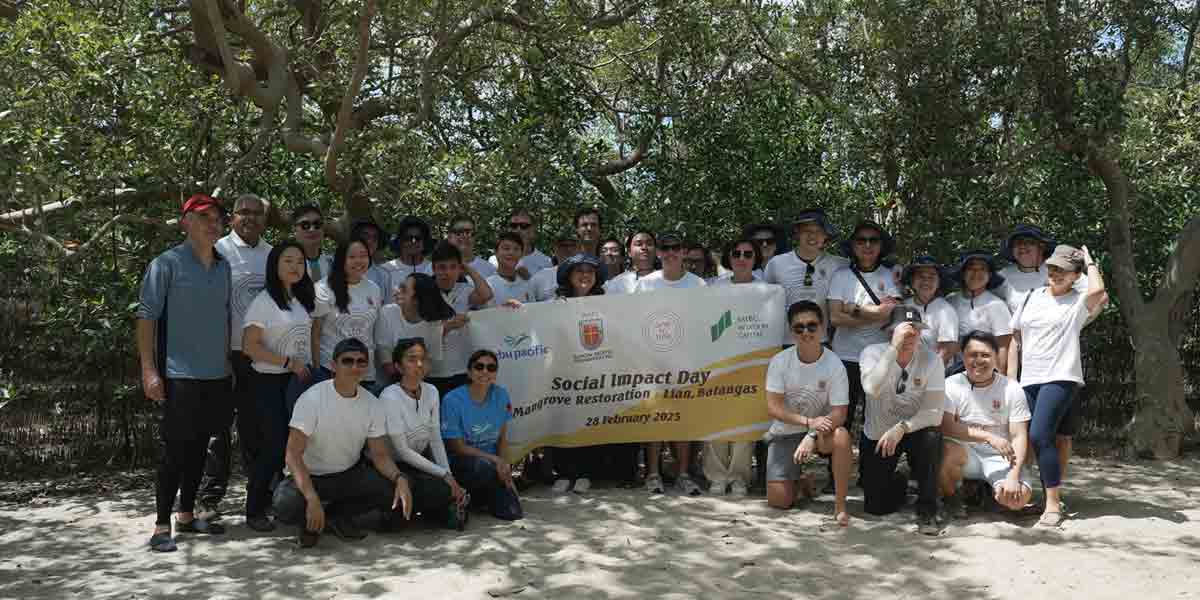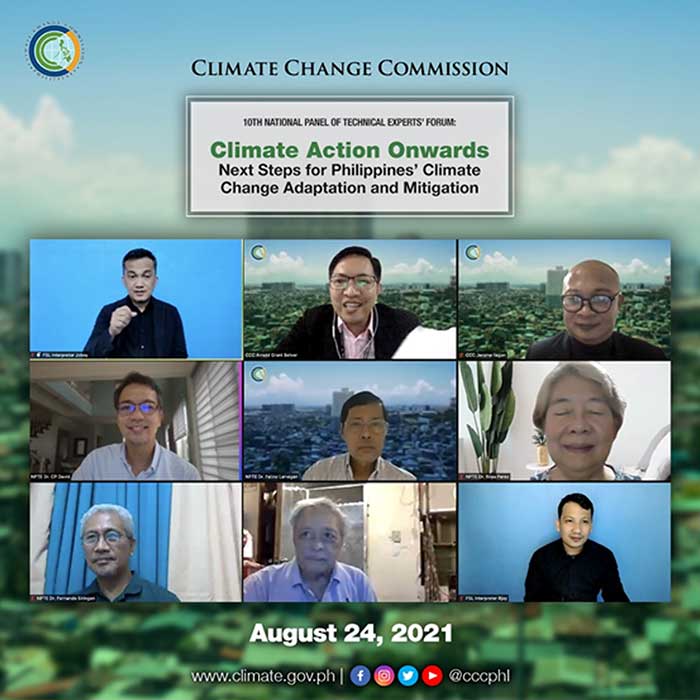
The Climate Change Commission (CCC) successfully convened the 10th National Panel of Technical Experts (NPTE) Forum last Tuesday, 24 August 2021 through Zoom and aired on Facebook Live.
With the theme, “Climate Action Onwards – Next Steps for Philippines’ Climate Change Adaptation and Mitigation,” this year’s NPTE Forum discussed the needed work ahead and capacity and knowledge to proceed with the work in climate action.
Department of Finance Secretary Carlos G. Dominguez III, Chairperson-designate of the CCC and Deputy Speaker Loren Legarda welcomed the participants and viewers and set the tone on the urgent need to take part in climate action.
“The nation relies on workable ideas on how we can reduce the climate risks locally and globally. I urge everyone to reimagine our world, and be creative, ambitious, and innovative in their plans of action. This is a battle we cannot afford to lose,” said Sec. Dominguez.
“The work ahead is undeniably difficult, but I take comfort in knowing that the environmental movement is fast-growing here and around the world. We have more tools, we have unlimited platforms we could rely on, wider and deeper than we did decades ago when we started doing this work. We could harness all these to address a problem that is being felt more and more acutely by more and more of our people, who are more and more willing to act with urgency and resolve,” said Deputy Speaker Legarda.
The NPTE, led by current Chair Dr. Carlos Primo C. David, and members Ms. Lourdes V. Tibig, Dr. Fernando P. Siringan, Dr. Rosa T. Perez, Dr. Felino P. Lansigan, and Dr. Leoncio A. Amadore, delivered the main presentations.
“On sea-level rise, increasing sea surface temperatures, and ocean acidification, I am vetting for the need for local baselines – it should be a must for all coastal municipalities. And if we have local baselines, we need policy frameworks to better address these issues,” recommended by Ms. Tibig as she discussed slow onset climate events and the required response.
“The Philippines ought to treat sea level rise as a clear and present danger. Sadly, we have yet to formulate policies that will direct the development in the coastal zone that takes sea level rise into account,” said Dr. Siringan as he tackled the impacts of sea-level rise in the country.
“We continue our work in El Nino drought prediction and hopefully this will become a useful tool for our country. This now has to be translated into policy and, therefore, action in the future. This has been done for us to be better prepared in a future that is made less certain because of climate change,” said Dr. David during his presentation on El Niño-linked droughts.
To safeguard projects against maladaptation, Dr. Perez stressed that “[C]limate and disaster risks and socio-economic factors of vulnerabilities have to be considered when developing projects. Evaluation of risk should not only be about climate, but also the other risks present in that area, which include geophysical risks.”
Enumerating the challenges and opportunities in risk transfer mechanism as a climate adaptation strategy, Dr. Lansingan highlighted the importance of research and development (R&D). “We need to support some R&D initiatives. This involves the promotion of a more objective, attractive, and affordable agri-insurance products, particularly in the most vulnerable areas. There is a need to establish institutional support, policy environment, and research and development on Research-Technology Management (RTM). We need the financial support to conduct R&D. This undertaking also involves the collaboration among various stakeholders including PCIC, NGAs, LGUs, NGOs/POs, RDIs, etc., on the Weather Index-Based Crop Insurance (WIBI) formulation and implementation and for roll out in those critical areas,” he said.
On the formulation of the mitigation component of the country’s Nationally Determined Contributions, Dr. Amadore recommended that the country “come up with 2020 GHG inventory, which should be consistent with our past inventories (2000 and 2010) and it really needs careful study. A multi-sectoral working group should be able to do that, and there are various applications of GHG inventory other than the Nationally Determined Contribution,” said Dr. Amadore.
Piloted in 2017, the NPTE Forum series encourage knowledge exchange and cultivate discussion between experts, relevant stakeholders and the public on climate change-related issues, policies, and practices from the international and national levels cascaded down to the local level.
The forum has tackled climate change adaptation and mitigation issues, featuring various adaptation strategies enhancing resilience, relevant sectors, and communities that are vulnerable to climate change, key areas for climate change mitigation, with all of these having a common theme that intends to inform the people of climate change and the needed climate action.
For more information on the previous NPTE Fora, visit the official website of the Climate Change Commission at https://climate.gov.ph/our-story/our-experts/national-panel-of-technical-experts-forum.

